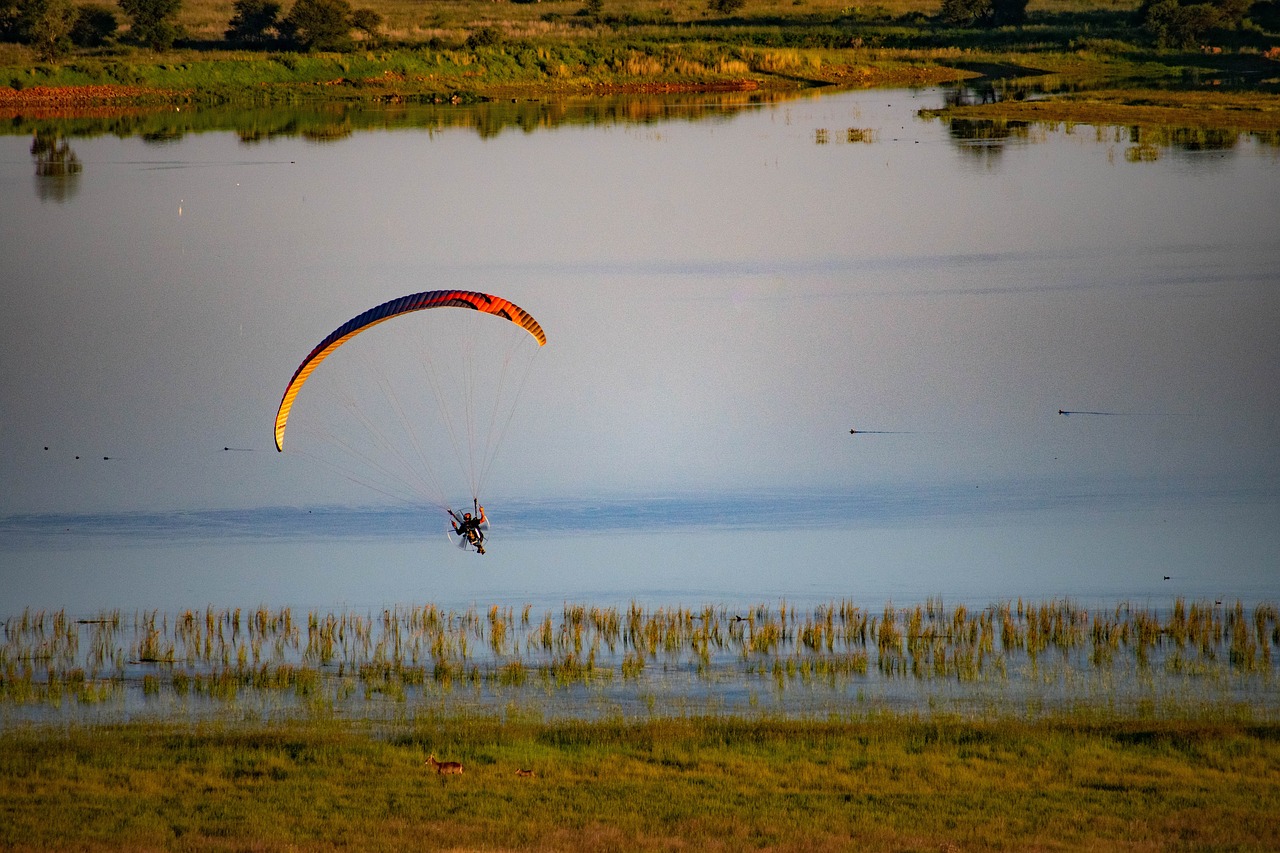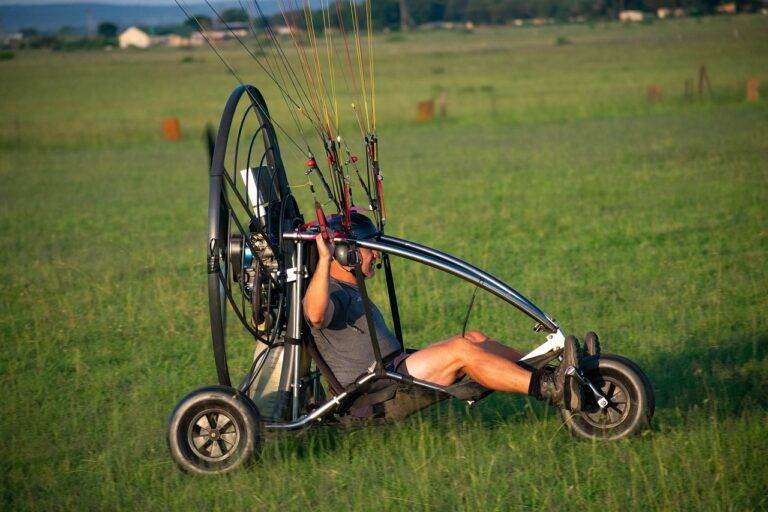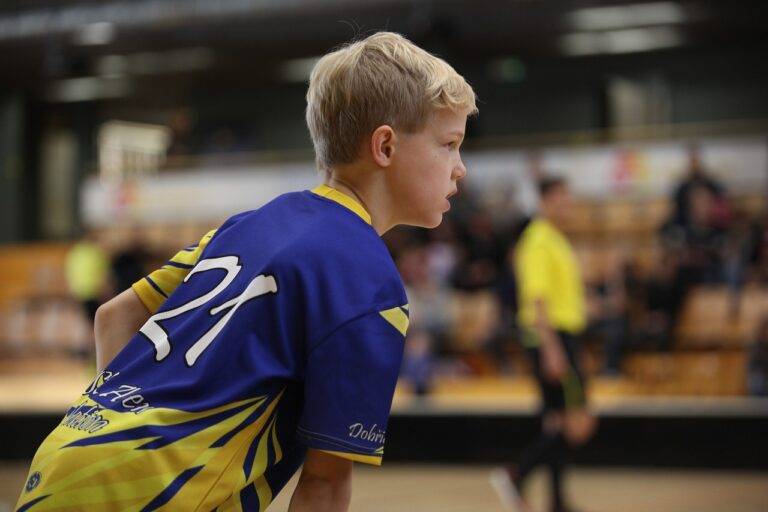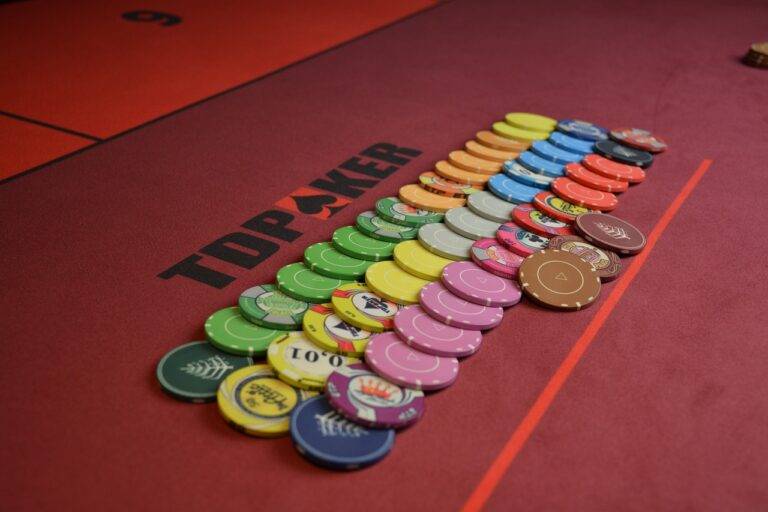E-Sports and Intellectual Property Rights: Navigating Legal Challenges
11xplay sign up, laser247 com, world777 register:E-sports and Intellectual Property Rights: Navigating Legal Challenges
In recent years, the world of e-sports has exploded in popularity, with millions of fans tuning in to watch their favorite gamers compete in high-stakes tournaments. However, as the industry continues to grow, so do the legal challenges surrounding intellectual property rights.
What is Intellectual Property?
Intellectual property refers to the creations of the mind, such as inventions, literary and artistic works, designs, symbols, names, and images used in commerce. In the world of e-sports, intellectual property rights are essential to protect the unique content and concepts created by game developers, teams, and individual players.
Copyrights and Trademarks
Copyrights protect original works of authorship, such as video games, game graphics, and player profiles. Trademarks, on the other hand, protect brand names, logos, and slogans associated with e-sports teams and tournaments. It is crucial for e-sports organizations to secure copyright and trademark registrations to protect their intellectual property from infringement.
Licensing Agreements
Many e-sports organizations enter into licensing agreements to use copyrighted material owned by game developers or sponsors. These agreements outline the terms and conditions under which the intellectual property can be used and help to avoid legal disputes. It is essential for e-sports teams and tournaments to carefully review and negotiate licensing agreements to ensure they are compliant with intellectual property laws.
Merchandising and Sponsorship
Merchandising and sponsorship deals are common in the e-sports industry, allowing teams and players to monetize their brand and intellectual property. However, it is crucial for all parties involved to have clear agreements in place that outline the rights and responsibilities related to the use of intellectual property in marketing and promotional materials.
Streaming and Broadcasting Rights
With the rise of online streaming platforms like Twitch and YouTube, e-sports events are being broadcast to a global audience. However, streaming and broadcasting rights can be complex, especially when multiple parties are involved. It is essential for e-sports organizations to have agreements in place that clarify the rights to stream and broadcast events and prevent unauthorized use of copyrighted material.
Enforcement of Intellectual Property Rights
Protecting intellectual property rights in the e-sports industry requires proactive enforcement measures, such as monitoring for infringement, sending cease and desist letters, and taking legal action against infringers. By enforcing their intellectual property rights, e-sports organizations can maintain control over their brand and content and prevent unauthorized use.
In conclusion, navigating legal challenges related to intellectual property rights in the e-sports industry requires a thorough understanding of copyrights, trademarks, licensing agreements, merchandising and sponsorship deals, streaming and broadcasting rights, and enforcement measures. By taking proactive steps to protect their intellectual property, e-sports organizations can ensure the long-term success and sustainability of their brand in a competitive and fast-growing industry.
FAQs:
Q: Can e-sports players copyright their gameplay footage?
A: Yes, e-sports players can copyright their gameplay footage as original works of authorship.
Q: How can e-sports organizations protect their brand name and logo?
A: E-sports organizations can protect their brand name and logo by registering them as trademarks with the appropriate government authorities.
Q: What should e-sports teams consider when entering into licensing agreements with game developers?
A: E-sports teams should carefully review and negotiate licensing agreements to ensure they have the right to use copyrighted material owned by game developers for commercial purposes.







